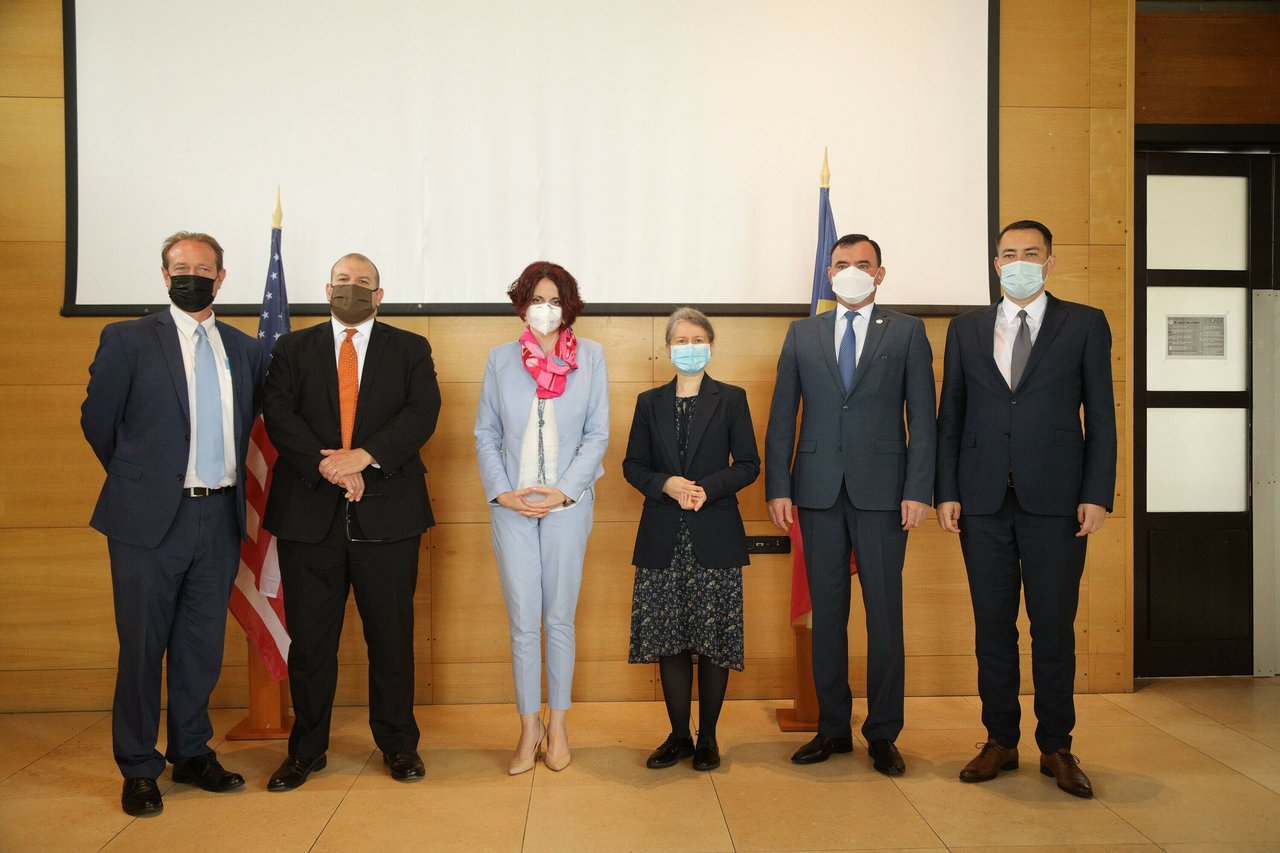IJM Supporting Training on Trauma-Informed Care of Survivors in Romania

“We talk about prosecutions and bringing down networks. We talk of international and internal reports that show the prevalence of the problem. But these are all secondary to the most important aspect of trafficking: the victims. The training program we are inaugurating today is focused on them.”
David Muniz, Chargé d’Affaires at the US Embassy in Bucharest introduced a training last week delivered by the US and Romanian government in partnership with IJM.
Funded by the US Trafficking in Persons office, the training of trainers and the accompanying manual will equip 25 police officers, prosecutors and National Agency Against Trafficking members to train others in their departments on trauma-informed service provision for victims of trafficking.
Shawn Kohl, Director for IJM’s Central and Eastern European programs said, “Two things are essential to end trafficking in persons: excellent victim services, including a trauma-informed approach from the outset of cases, and accountability. The training this week will help sharpen investigative and interviewing skills while ensuring a trauma-informed, victim-centered approach. Once victims feel supported, cared for, safe and empowered to tell the truth, engagement and successful outcomes will increase.”
A key reason why many trafficking cases fail to reach a conclusion is the lack of engagement by victims. The absence of trauma-informed approach and insufficient services offered to victims throughout the adjudicative process leads victims to perceive the criminal justice system as unreliable, and thus lead to the decision to not pursue a legal case.”
The training program addressed topics such as proactive investigations, a trauma-informed approach, the impact of prejudice in cases of sexual exploitation, the use of the Internet and open sources in investigations and victim-centered interventions in combating human trafficking. In addition to investigative techniques, the training also placed great emphasis on a multidisciplinary approach to human trafficking and the provision of support and protection services both in the victim identification phase and throughout the judicial process.